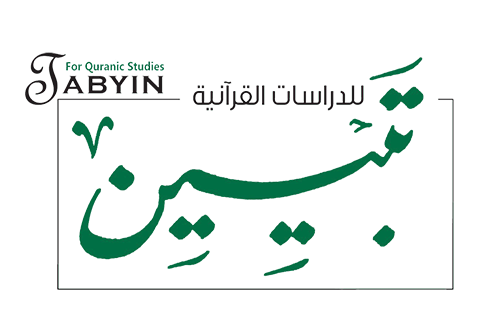It turns out that the Qur’an gives wealth
a relative importance linked to the extent to which it brings happiness to a person
in this worldly life and the hereafter. This requires that Muslim person takes into
account its sources, in terms of earning permissible gains and avoiding forbidden
gains.
The sources of wealth mentioned in the Qur’an are divided into two categories:
material and moral. Material ones include: sky, earth, seas and rivers, livestock,
human resources, work, etc. while the most important moral sources are: faith and
piety, gratitude, seeking forgiveness, spending for the sake of Allah (Almighty),
and implementing divine laws. Allah (Almighty) in The Holy Qur’an also spoke
in detail about the fields of wealth distribution and spending, as He defined it in
three aspects: what is related to a person’s relationship with his God, what is
related to his relationship with himself, and then his relationship with the natural
surroundings and the social environment around him.
We conclude that the general framework that judges on wealth, whether it
is acquiring or spending, is the framework of justice, what means is putting
everything in its place, according to what the Holy Qur’an has made clear, and
delineating its limits in its verses, and the Sharia is also responsible for clarifying
and defining its details and applications.




Comments